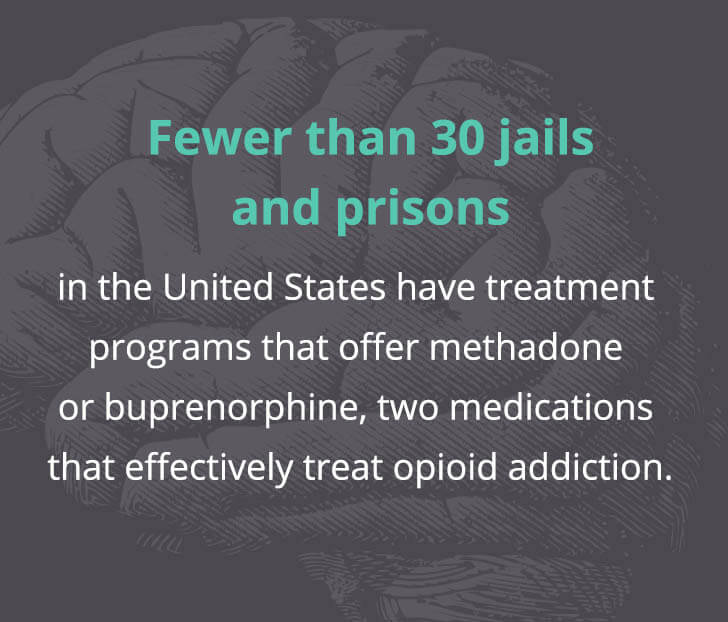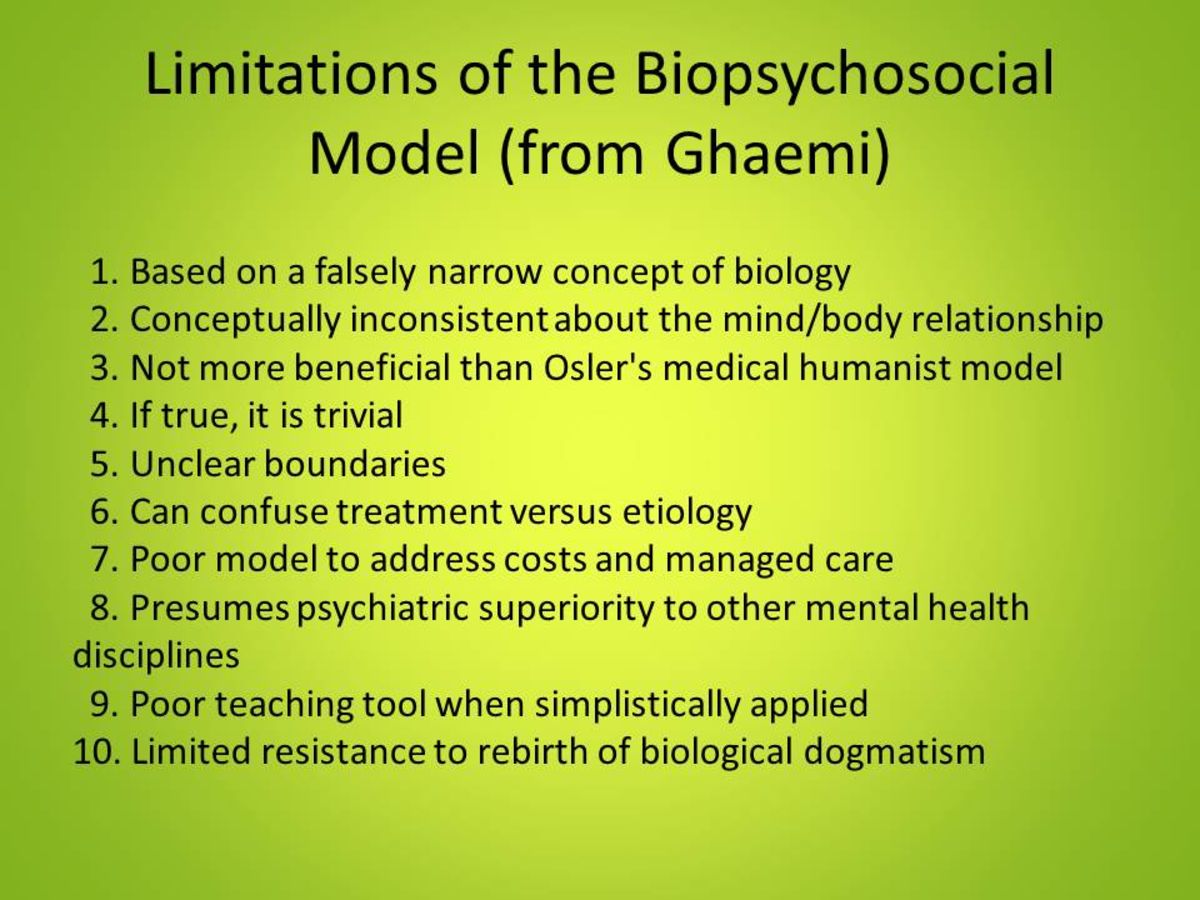how to treatment drug addiction
Table of ContentsWhat Is Alcoholism? Find Alcohol Addiction Treatment for DummiesWhat Is Alcoholism? - Learn About An Alcohol Addiction for BeginnersSome Of Alcoholism: Causes And TreatmentTop Guidelines Of What Is Alcohol Addiction? - Alcohol Addiction Definition ...What Does What Is Alcoholism? Find Alcohol Addiction Treatment Mean?
Even a single night out drinking can have severe cardiovascular ramifications-- affecting the heart rate, causing disturbances in heart rhythm, elevating high blood pressure and increasing the risk of suffering a stroke. The long-lasting results of alcohol on the heart aren't excellent, either. Lots of chronic alcoholics establish a condition referred to as alcoholic cardiomyopathy-- in layman's terms, a big floppy heart that does not do its task of pumping blood efficiently through the body.
Heavy alcohol usage, even if its simply the occasional binge, can result in an episode of pancreatitis, which is a hazardous inflammatory process in the pancreas that can lead to the spilling of pancreatic enzymes into the abdominal cavity and a subsequent phenomenon called 'auto-digestion'. Those suffering from pancreatitis usually experience unbearable pain, and frequently require emergent healthcare.

Chronic myalgia or muscle aches. Persistent gastrointestinal disturbances leading to regular nausea, throwing up and stomach discomfort. Vertigo and syncope-- i.e., lightheadedness and fainting. Persistent tremors and irreversible loss of fine motor coordination. After extended durations of time with heavy usage, personality changes might manifest. You might see: Increased tendency towards aggressiveness.
Unprompted state of mind swings. In time, tolerance to alcohol establishes, whereupon the user will need a growing number of alcohol to achieve wanted outcomes. As the drinker tries to make up for tolerance, the quantity of alcohol taken in may progressively increase. The drinker might not even understand the upward trend but, in doing so, significantly increases their risk of alcohol poisoning and death.
Getting My What Is Alcohol Abuse? Risk Factors For Alcohol Dependence To Work
The list below stages may be acknowledged:, https://messiahpsnn901.shutterfly.com/31 or occasional social drinking that might progress to a viewed need to consume to unwind or handle difficult scenarios. This, in turn, may result in an increased frequency and quantity of alcohol consumed. Tolerance to alcohol currently begins to develop in this early phase.
User may experience some difficulty remembering what happened when drinking, and some feelings of regret around drinking. or "loss of control" over drinking. Full symptoms of alcohol addiction appear, consisting of denial, disruptions in work or household life, stopped working attempts to get aid, and periods of both refrain from drinking and excessive drinking.
Both physical and psychological health might follow a sharp decline over the course of the persistent stage. Additionally, users might experience a considerable disturbance, if not an overall disintegration of social interaction and day-to-day routine-- often vanishing from friends and family and struggling to maintain tasks, etc. Severe alcohol withdrawal can lead to the advancement of major, if not dangerous health problems.
Queasiness and vomiting. Generalized muscular trembling. Tachycardia. High blood pressure. Anxiety. Agitation. Seizures. Some with a history of heavy drinking may experience the quick advancement of a condition called delirium tremens - or the DTs - as they withdraw from the impacts of alcohol. This is a threatening turn of occasions, recognized by unmanageable shaking, high fever, heart arrhythmia, profound confusion and hallucinations.
Why Is Alcohol So Addictive? - Michael's House - Questions
Symptoms normally start as soon as eight hours after the last beverage, and those suffering from severe alcoholism must prepare beforehand to detox under professional medical guidance. Supervision and pharmaceutical intervention (if needed) may last for a couple of days, as the severe signs of acute alcohol withdrawal can potentially appear somewhat later on in some cases (24-72 hours post-abstinence).
If a user is handling signs of depression, anxiety, psychosis, or other drug reliance, treatment ought to concentrate on the precursors to use and consider both the mental health/wellness and physical complications noted above. In addition to the previously mentioned physical dangers, users who select to detox from alcohol might likewise deal with a variety of mental health advancements:, users going through detox can experience hallucinations, misconceptions, depression, and stress and anxiety.
All informed, the symptoms from withdrawal can, however usually a user will start to feel some relief from physical symptoms in about 72 hours. The length of withdrawal is extremely reliant on how long a user was greatly drinking, and each individual metabolizes alcohol differently. There is no chance to specifically anticipate how each individual will withdrawal from alcohol, more highlighting the need for medical guidance on a case-by-case basis.
There are multiple ways to get assist from alcohol reliance, consisting of treatment, medication, and behavioral intervention. Often, the user is one of the last to recognize or recognize his/her use is a problem, typically thinking "I have this under control" (what are the signs of alcohol addiction). Once an alcohol use condition has established, nevertheless, it can be extremely to quit without help.
The 5-Second Trick For Alcohol Addiction: Signs, Complications, And Recovery
Alcohol Is the Most Frequently Dealt With Substance Ethanol (alcohol) is abused at a higher rate than any other drug amongst treatment program guests, as reported by a 2017 survey from Healing Brands. Nearly 70% of people who took the study went to treatment to get aid with a drinking issue, and an unexpected 52.87% of those who reacted reported seeking treatment for an issue with alcohol more than any other substance.
Thankfully, alcoholic abuse treatment is just a phone call away. Speak with our recovery assistance professionals at Who Responses? to start pursuing your recovery. Medications that might help with the treatment of alcohol abuse and associated symptoms consist of: This drug obstructs the body's ability to metabolize alcohol and triggers an extremely unpleasant response when both are taken in show.
: Decreases the benefit that originates from drinking by reversing the activation of opiate receptors by endorphins. Assists to bring back the balance of glutamate-GABA signaling in the brain. This medication helps to minimize withdrawal symptoms such as insomnia, stress and anxiety, and uneasyness. Any medication use requires the supervision of a physician and a prescription, and it needs to be kept in mind that the most success is discovered when medications are utilized in conjunction with treatment.
Some courses of residential treatment may really start in a hospital setting. Users participate in a program however are enabled to reside outside of the treatment facility, typically attending daily to begin and then following a tiered schedule (5 days a week, three days a week, one day a week). Users attend conferences as typically as required, through groups such as Alcoholics Anonymous (aa.org) Other non-12 step support system or healing programs are available too, consisting of SMART Healing.
Alcohol Addiction: Signs, Complications, And Recovery for Beginners
Most recovering alcoholics find participating in support groups a long-term dedication in assistance of their sobriety. Al-Anon (alanon.org), a support system for households of addicts, offerings conferences in which enjoyed ones can find help in their journey loving an addict. Relapse will be a temptation for many drug and alcohol abusers.

The ability to stay sober despite relapse temptations is carefully related to coping skills learned throughout treatment. Continuous therapy offers the best healing course for previous alcohol abusers, especially when combined with assistance groups, as discovering the support from others who comprehend the troubles and rewards connected with healing is integral to continued abstaining for lots of.
Retrieved from http://www.health.harvard.edu/addiction/alcohol-abuse Mixing alcohol with medications. Obtained from http://pubs.niaaa.nih.gov/publications/Medicine/medicine.htm Alcohol withdrawal. (Modified 8 February, 2015). Retrieved from https://www.nlm.nih.gov/medlineplus/ency/article/000764.htm Myrick, H. M.D., and Anton, R. F., M.D. (1998 ). Treatment of Alcohol Withdrawal. Alcohol Health & Research Study World, Vol. 22, (Issue 1). Obtained from http://pubs.niaaa.nih.gov/publications/arh22-1/38-43.pdf National Institute on Alcoholic Abuse and Alcohol Addiction.
